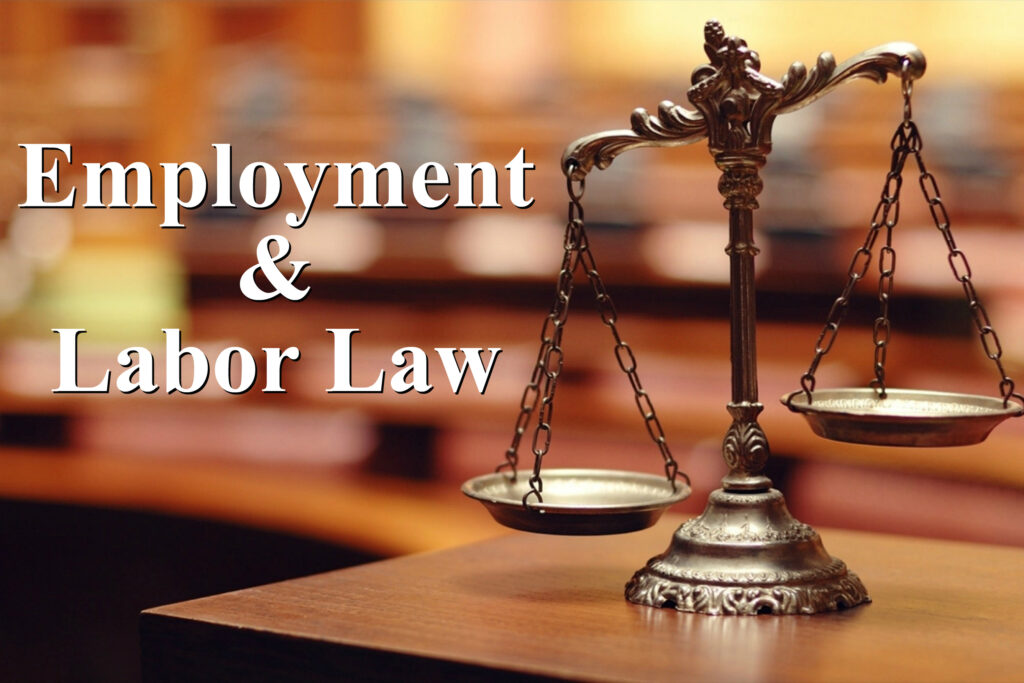
Employment and Labor law also known simply as labor law is a branch of law that regulates the relationship between employers, employees, labor unions, and the government in the workplace. Labor and employment disputes may arise when an employer goes against these set rules and regulations that regulates the relationship between himself and his employee in the organization. Rights disputes and interest disputes are two of the two main categories of labor and employment disputes. Rights disputes mainly cover such things like working conditions, opportunities and wages whilst Interest disputes are disputes that occur because of disagreements about the interest of employees about their salary, benefits and other related matters. Employment and labor law may include the following key issues:
Employment Contracts: The negotiation, creation, and enforcement of employment contracts between employers and employees are frequently the subject of labor law. Employment terms and conditions, such as compensation, working hours, benefits, and job duties, may be spelled out in employment contracts.
Wages and Hours: Labor laws establish minimum salary levels, requirements for overtime compensation, and guidelines for working hours and rest periods. These rules are intended to protect workers from exploitation and ensure fair compensation.
Discrimination and Equal Employment Opportunity: Workplace discrimination against individuals on the basis of their race, color, national origin, gender, age, religion, disability, or sexual orientation is illegal under employment and labor laws. Employers are normally expected to offer all qualified individuals equal job opportunities.
Workplace Safety: Workplace health and safety standards are frequently included in labor laws because it is the sole responsibility of employers to keep workplaces safe, offer the requisite safety training, and adhere to all occupational safety and health laws.
Workers’ rights should be a central focus of development.
Wrongful dismissal is when an employer terminates the contract of an employee without cause and does not provide reasonable notice or pay any form of severance.
No, your employer cannot fire you or discipline you for exercising your rights. If you are fired for exercising your rights as an employee, you can sue your employer for wrongful dismissal.
When your employer terminates your employment due to your misconduct, that’s considered a termination ‘with cause.’ In contrast, a termination ‘without cause’ is when an employer has no valid reason for ending employment. It’s entirely legal for an employer to terminate an employee without cause. However, they must provide reasonable notice or pay in place of notice (also known as termination pay or severance pay).
In most cases, you should provide your employer with two weeks of notice when resigning from your job. However, you should always refer to your employment contract (if applicable) as it may outline a set amount of notice greater than two weeks.
Chat with Us